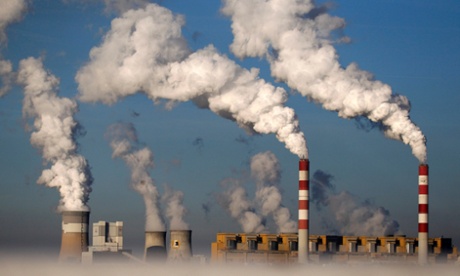Leaders Summit on Climate: Young activist Xiye Bastida Helps Set the Tone for COP26
Yesterday, as we celebrated Earth Day, forty world leaders gathered for President Biden’s “Leaders Summit on Climate”. The event, held virtually in accordance with COVID-19 restrictions over two days, is a precursor to the UNFCCC COP26 taking place in Glasgow later this year. For such a large event to be organised and held within the…









